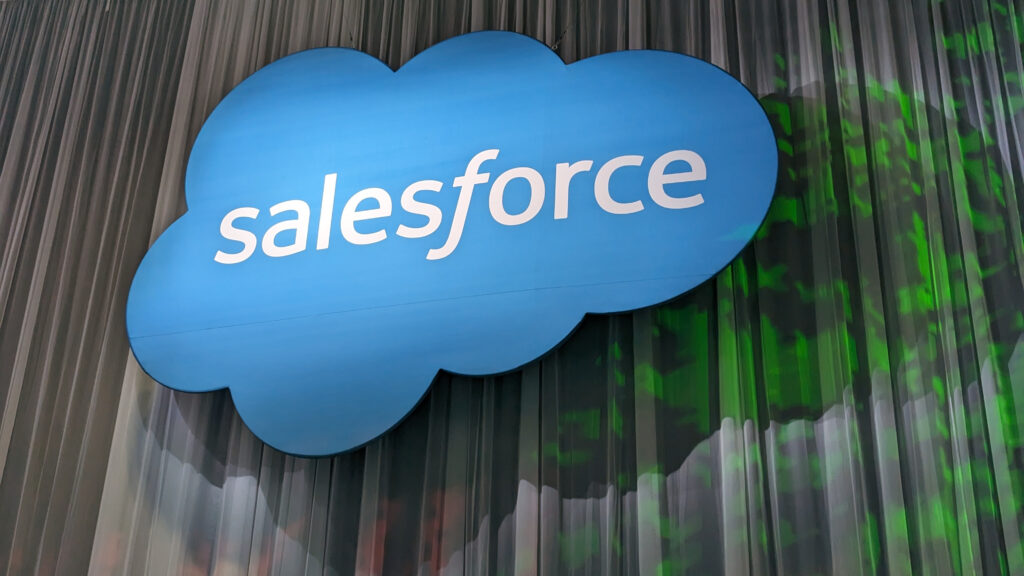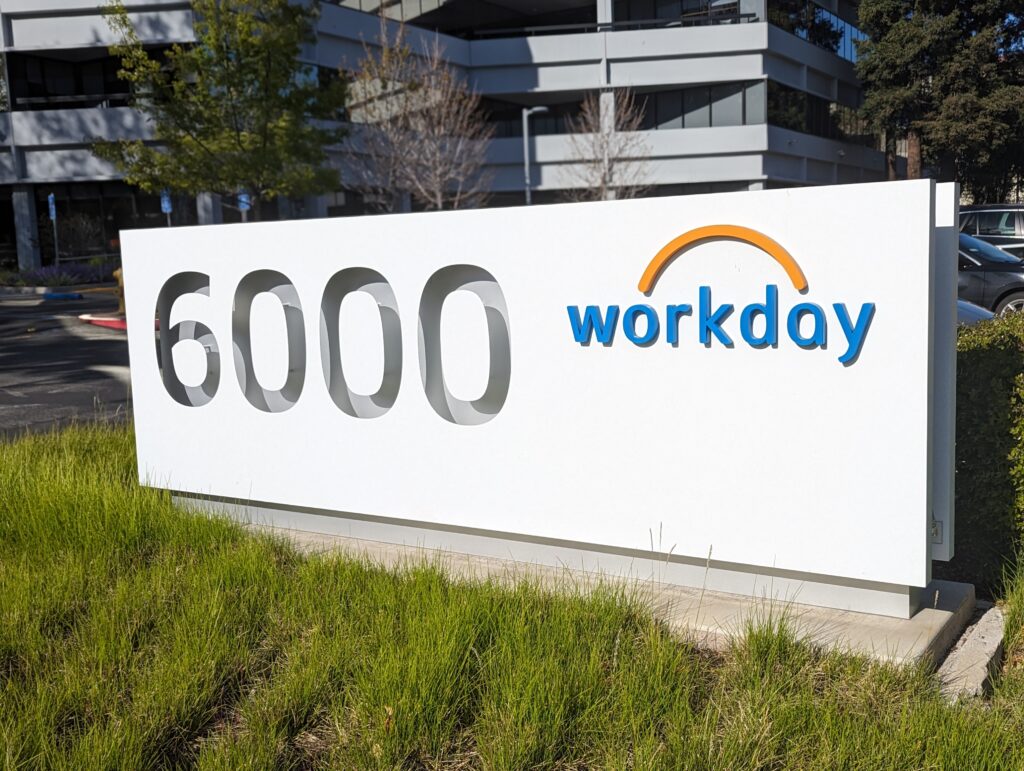Vendor conferences are over for the year, with AWS re:Invent 2023 seeing out the season of big tech brands setting out their stalls with trademark glitz and glamor. As with any other year, the pattern was the same; if we set out an Excel spreadsheet of each conference and columns for check marks, we’d see the usual ticks for partnerships, product launches and AI (ad infinitum). Not so much on the checklist? Skills.
2023 continued the decreasing of workforces for most vendors as budgets tightened. 2024 could see that continue if vendors use the same AI internally which they’re selling as an automation fix. But what next year should actually see is a stabilization – or better utilization – of a company’s people power. That means putting ‘humans in the middle’ between AI and machine output. To do that doesn’t just mean the vetting of GenAI out-turn. It also means training people to actually use, train and finesse artificial intelligence. And to do that means an upskilling across a vendor’s workforce – just like for the workforce of a vendor’s customer.
At re:Invent, AWS announced it was to train two million people by 2025, and mentioned its already-existing 100+ AI and ML courses with associated scholarships. That news was lost amidst the chatter as it’s not what vendors really want to trumpet – and ‘training’ can often be a vague term. This is especially so when it’s universal-nature – note AWS”s mention of “people” – means it’s not focused on a vendor’s existing workforce. If said workers can get at least some AI training, then a human-automation hybrid employee body can become feasible. But if AI isn’t on the menu for many, then a vendor’s next generation of talent will miss out.
It’s also about what such AI courses consist of when offered internally. If there’s a coding element, then non-developers may miss out, especially those who wind up conversing with GenAI as part of their daily work. Using GenAI isn’t always a simple case of “type something in and sit back.” There can be a fine art to it, especially when the tech is still in its infancy stage.
This was something I discussed at Workday’s recent Rising event for the EMEA region, where Workday CTO Jim Stratton agreed that while ChatGPT can create a lot of code, that code still needs to be “properly reviewed”.

“It’s certainly not perfect, and that requires a good base engineering knowledge still – and that’s gonna be true for a long time to come,” according to Stratton, pictured.
There is also the ethics angle to consider – are devs being anchored well in the ethical problems of AI? Are white-collar workers aware of the same ESG pitfalls? This isn’t just for the sake of nicety. As Stratton reminds ERP Today, 2024 will see the regulatory environment for AI continue to evolve, starting with the EU AI Act.
“There will be more of a push for companies to adopt management frameworks and responsible AI internally, particularly in the enterprise,” Stratton adds.
Workday, as an HCM name, is obviously skills-focused. But that isn’t the same story amongst the vendor brigade and cloud giants. For words to become actions requires upskilling, and training which moves beyond buzzwords of low-code, no-code and “gen-code”. Consider how many workers are Excel-illiterate, and the true scale of the challenge becomes daunting. Progress in AI training needs to start now – and if you’re not convinced about the Excel knowledge gap, remember when use of the old XLS file format meant 16,000 COVID-19 cases went unreported in England at the height of the pandemic?
Skipping back to the present – and near-future – we are facing a pivotal year in 2024 when it comes to workforce talent. Vendors don’t just want to have humans in the middle – they’ll need them educated so they can rise further to the top of the organizational pyramid. It’s only this way that we will see future GenAI stars and chief AI officers celebrated during conference season, with – one hopes – events that remember to venerate internal development beyond all the dollar signs and drum-banging.




